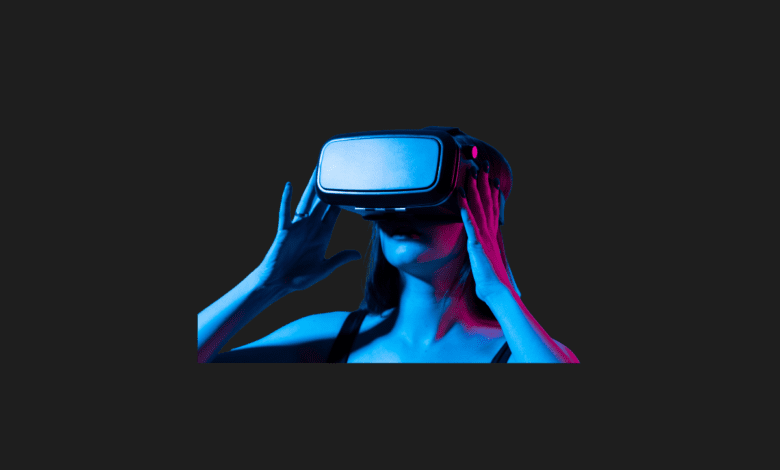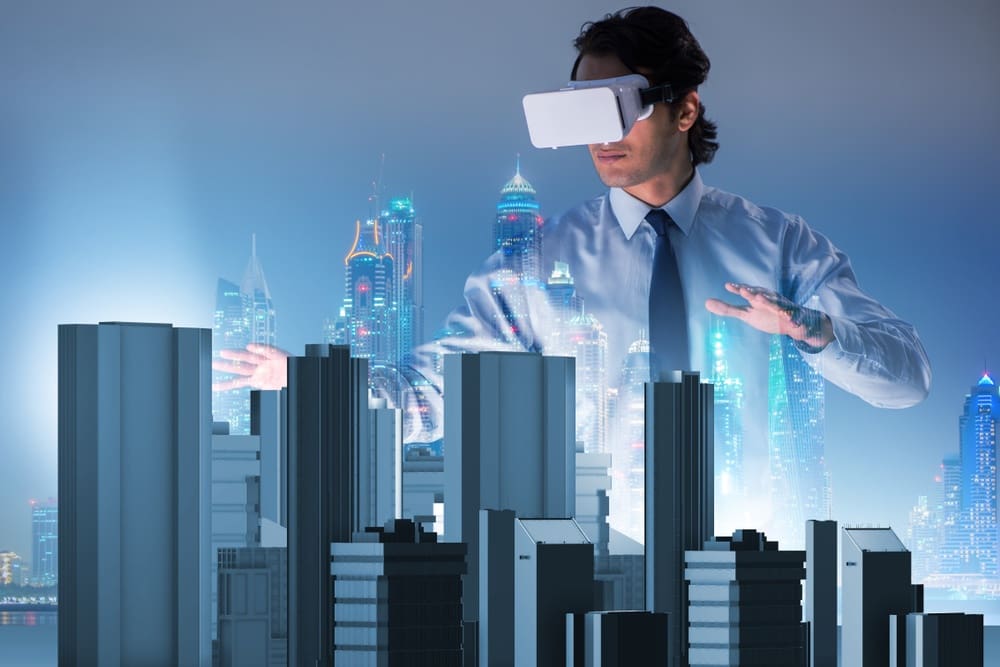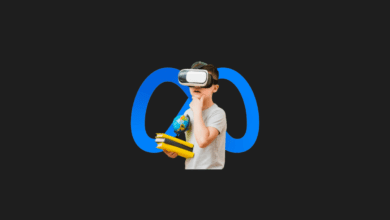
Metaverse’s Impact on Business and Society
With the increasing popularity of concepts like Metaverse and XR (augmented reality), experts’ predictions about the future provide a crucial roadmap for the business world to take proactive measures today.
XR (extended reality) and the metaverse, technologies that transport individuals to new realms beyond the confines of physics and time, are currently among the most widely discussed topics. Some experts believe that all industries stand at a crossroads, signaling the need for the business world to take decisive actions.
Expert opinions on the societal and business impacts of this transformation are highly valuable in guiding individuals from various walks of life. KPMG has also shared its predictions about the future potentials of augmented reality and metaverse technologies for humanity.
Commenting on the report, Gökhan Mataracı, Company Partner at KPMG Turkey and Leader of Data, Analytics, and Digital, stated, “Throughout history, humanity has reached its current position by dreaming. Today’s revolutionary and creative dream manifests as the metaverse. In this new world, we have the opportunity to create a more vibrant, just, and sustainable societal concept.
With the Metaverse, we can optimize resource consumption, promote global equality of opportunity, and bring our own fantasies to life without harming the natural ecosystem. We should view the Metaverse not only as a form of digitalization but also as an opportunity to positively impact climate change.”
The first step on Mars is anticipated to be a historic milestone for virtual world technologies. Similar to the way Neil Armstrong’s first step in 1969 captivated audiences around the world, the moment a person walks on Mars in the future may be broadcast through virtual reality using 360° cameras placed on Mars.
As the first person takes that historic step on the Martian surface, XR and metaverse technologies are expected to become even more prevalent, akin to the impact of television. People may face the choice of watching this event on television or experiencing it firsthand in the virtual world with new technologies. The report suggests that many individuals may choose to take a significant step into the virtual world to personally witness and participate in this historic experience.
Financial value in the Metaverse will challenge the financial value of the physical world

By 2030, people in the metaverse are expected to spend more time in the virtual world than in the physical world. The financial values within the metaverse will begin to challenge the worth of assets in the physical world. Activities such as job applications, earning a living, shopping, socializing, and even marriages are anticipated to occur in this new virtual realm.
Full-time employment in virtual reality is foreseen, with employees engaging in activities like greeting visitors, giving tours, and offering services within the virtual space. Similar to the popularity of the internet with the rise of e-commerce, virtual reality is poised to become a central platform for various activities, including product purchases, where consumers can virtually experience and try out products like booking hotels or trying on shoes.
The real world will be continuously digitally mapped through autonomous vehicles, personal sensors, and drones, creating a rich virtual twin of our physical reality. Extended reality (XR) will be omnipresent, offering diverse interface options for interaction, communication, and collaboration. Personal AI twins will represent individuals in the metaverse, proactively engaging in activities or integrating directly into the physical world as a digital prosthetic system. Traditional interface tools like flat screens, keyboards, and mice are expected to be replaced by virtual reality glasses and contact lenses, with new interfaces evolving to understand natural body language.
Synthetic data from simulated twin worlds will guide robots in problem-solving and replace humans in high-risk jobs. Virtual travel for physical experiences, such as space exploration and hazardous environment work, will become commonplace.
Synthetic data and simulations will enhance augmented reality (AR) and virtual reality (VR) experiences for non-technical users. In the realm of education, the physical infrastructure and operating costs of traditional higher education are becoming unsustainable, leading to the democratization of access to high-quality education through virtual campuses supported by AI instructors.
Within the next five years, hundreds of millions of VR devices are expected to be in use globally, and their popularity is projected to increase further within a decade. Users may experience virtual reality for up to 12 to 15 hours a day, offering potential for data capture, communication, advertising, and influencing people. The metaverse is predicted to become a powerful advertising tool, emphasizing the need for industry and governments to be vigilant about its potential uses for both positive and negative purposes. Rules and laws will be necessary to establish responsibility for the ethical aspects of wielding such power in the metaverse system.
Follow us on TWITTER (X) and be instantly informed about the latest developments…












